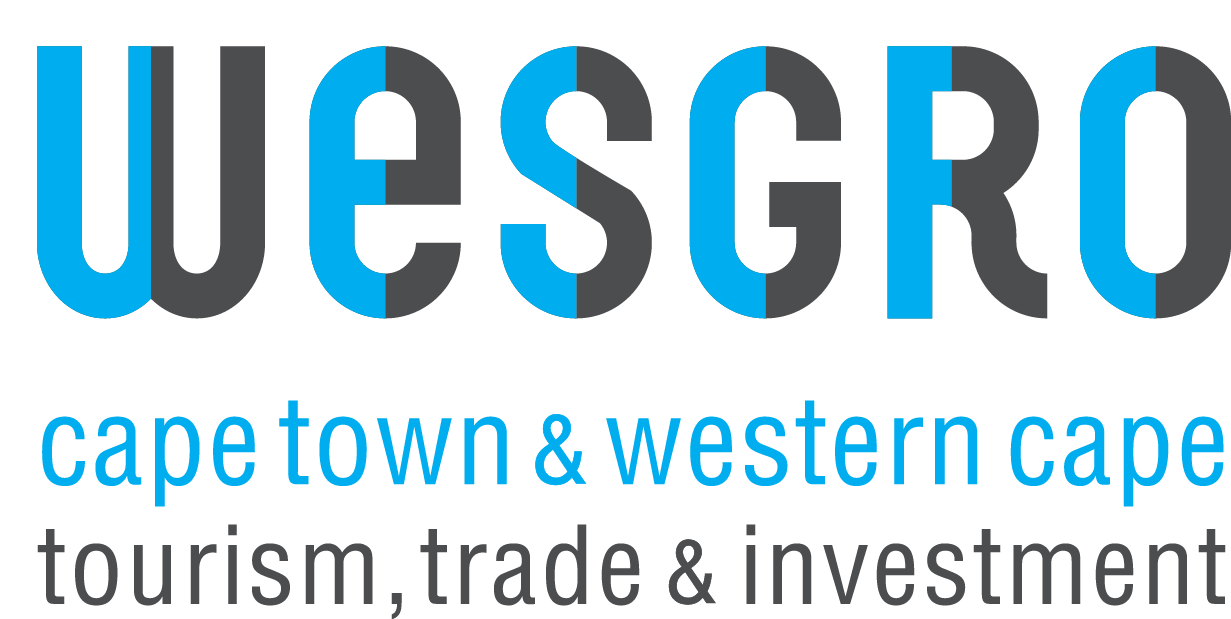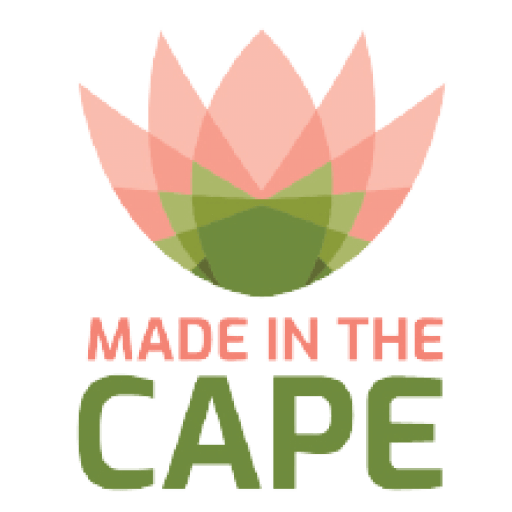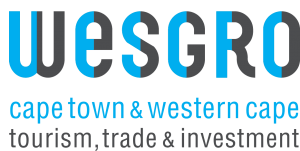Clothing, Textiles, Leather, and Footwear
Cape Town and the Western Cape, regarded as South Africa’s hub of high fashion, are home to the country’s higher-value-added garment manufacturing. The region has the highest concentration of clothing manufacturing activity in the country.
Reasons to Buy From Cape Town and The Western Cape
- Overview
- Why Cape Town and the Western Cape
Nationally, the clothing, textiles, leather and footwear (CTLF) sector contributes 8% to manufacturing GDP and 2.9% to overall GDP. The Cape Town clothing and textile industry contributed R4.4-billion to the metro’s export sector in 2017, and is the second largest employer within the local manufacturing sector.
South African footwear manufacturing grew at an average annual rate of 10% over the past five years, resulting in significant import substitution. In addition, between 2010 and 2016, leather and footwear exports from South Africa grew by 167% from R1.98-billion to R5.29-billion.
The retail value of South African CTFL products stood at R177.7-billion in 2017. Manufacturing sales of textiles and finished textile products, excluding clothing, stood at R25.57-billion in 2017.
The highest concentration of clothing manufacturing activity is in the Western Cape, followed by KwaZulu-Natal and Gauteng. Manufacturers of higher-value‑added garments are predominantly located in Cape Town, which is regarded as the country’s fashion and design capital.
Cape Town is ideally positioned to take advantage of the shifts taking place in the global CTLF industry and the emergence of clothing manufacturing hubs in Africa. South Africa’s preferential access to the US market under the African Growth and Opportunity Act, combined with its access to regional value chains on the African continent, provides significant competitive advantages in the CTLF sector.
As a result of an unprecedented drought in 2017 and 2018, the Western Cape clothing and textile industry has incorporated a strong focus on resilience. The industry has made significant efforts to adapt to shocks and stresses related to resource scarcity. As the industry recognises that resource efficiency is increasingly important, strategic programmes funded by the City of Cape Town and provided by GreenCape support the local industry in navigating potential threats related to climate change and build resilience.
- Overview
- Why Cape Town and the Western Cape
Nationally, the clothing, textiles, leather and footwear (CTLF) sector contributes 8% to manufacturing GDP and 2.9% to overall GDP. The Cape Town clothing and textile industry contributed R4.4-billion to the metro’s export sector in 2017, and is the second largest employer within the local manufacturing sector.
South African footwear manufacturing grew at an average annual rate of 10% over the past five years, resulting in significant import substitution. In addition, between 2010 and 2016, leather and footwear exports from South Africa grew by 167% from R1.98-billion to R5.29-billion.
The retail value of South African CTFL products stood at R177.7-billion in 2017. Manufacturing sales of textiles and finished textile products, excluding clothing, stood at R25.57-billion in 2017.
The highest concentration of clothing manufacturing activity is in the Western Cape, followed by KwaZulu-Natal and Gauteng. Manufacturers of higher-value‑added garments are predominantly located in Cape Town, which is regarded as the country’s fashion and design capital.
Cape Town is ideally positioned to take advantage of the shifts taking place in the global CTLF industry and the emergence of clothing manufacturing hubs in Africa. South Africa’s preferential access to the US market under the African Growth and Opportunity Act, combined with its access to regional value chains on the African continent, provides significant competitive advantages in the CTLF sector.
As a result of an unprecedented drought in 2017 and 2018, the Western Cape clothing and textile industry has incorporated a strong focus on resilience. The industry has made significant efforts to adapt to shocks and stresses related to resource scarcity. As the industry recognises that resource efficiency is increasingly important, strategic programmes funded by the City of Cape Town and provided by GreenCape support the local industry in navigating potential threats related to climate change and build resilience.



